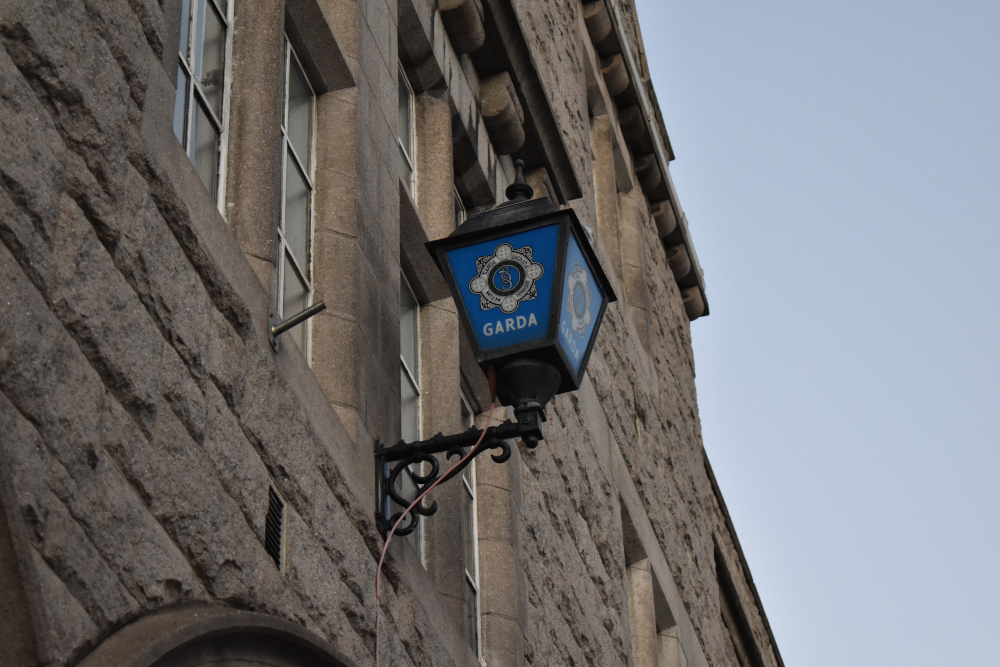Gardaí took six years to address children’s data issue

An Garda Síochána took six years to fully implement a recommendation to stop inappropriately recording children’s details on PULSE intelligence records, according to a new report.
The Garda Inspectorate has published a post-implementation review of Recommendation 8.17 from its 2014 crime investigation report, which recommended “that the Garda Síochána conducts an urgent review of the recording of children’s details as an intelligence record on PULSE”.
A person is generally assigned a unique PULSE identification number following their first formal interaction with gardaí.
This does not necessarily infer criminality and a person may have a PULSE ID because they were a victim of crime or they were involved in a road traffic collision.
A PULSE ID can also originate from the creation of an intelligence record. Intelligence records are usually created for persons linked to criminal or suspicious behaviour.
Concerns were raised that gardaí were, for some reason, creating intelligence records for children under the age of criminal responsibility.
In 2014, inspectors were told that that thousands of children under 12 including infants under the age of one had a PULSE ID and associated intelligence records.
Chief inspector Mark Toland said: “While the Garda Síochána took immediate action to address this recommendation, including issuing instructions on creating intelligence records for children under 12, it was not until changes were made to the PULSE system in October 2020 that it could be considered fully implemented.”
He added: “While the 2014 recommendation is considered by the Inspectorate to be fully implemented, further action is still required.
“There is also organisational learning from this review as it shows that instructions and guidance need to be constantly monitored to ensure continued compliance and that additional actions such as training and technology fixes are often critical to achieving sustained change in practices.”







